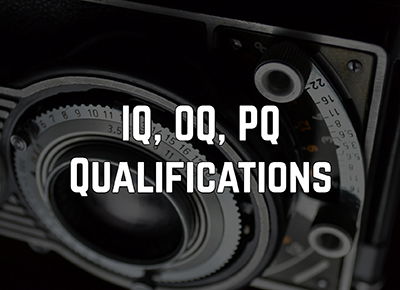IQ, OQ And PQ Quality Protocols - Current Regulatory Requirements
🎤 Kelly Thomas | 📅 Recording Available | 🕒 90 Minutes
Description
In today's stringent regulatory landscape, the imperative lies in substantiating the efficacy of equipment, systems, and utilities in fulfilling their designated functions. This validation process is executed through meticulous qualification protocols, which meticulously ascertain proper installation, comprehensive operational performance, and adherence to established procedures and operational benchmarks.
This exclusive webinar aims to furnish you with a comprehensive understanding of the standard documents employed in qualification endeavors, the typical information encompassed within each document, and the prevalent shortcomings encountered during audits. Moreover, attendees will have the invaluable opportunity to seek clarification on their own protocols, while real-world case studies will be employed to underscore key insights.
For any equipment, system, or utility engaged in the realm of GMP-impacted products or services, the onus is on them to unequivocally demonstrate their suitability for their designated functions, while operating in strict accordance with their prescribed design. To substantiate these requisites, the protocols governing installation and operational verification (among others) are not just anticipated but imperative, requiring approval prior to deployment.
This specially curated webinar, tailored for individuals embarking on their journey of qualification responsibilities, serves as a foundational guide, elucidating the fundamental constituents of these pivotal protocols. Furthermore, we'll delve into the common pitfalls pinpointed by regulators, empowering attendees to sidestep analogous issues when their protocols undergo rigorous scrutiny.
Who Should Attend:
- Quality Assurance Departments
- Quality Control Departments
- Regulatory Affairs Departments
- Research and Development Departments
- Manufacturing Departments
- Engineering Departments
- Operations Departments
- Laboratory Personnel
- Management Teams


